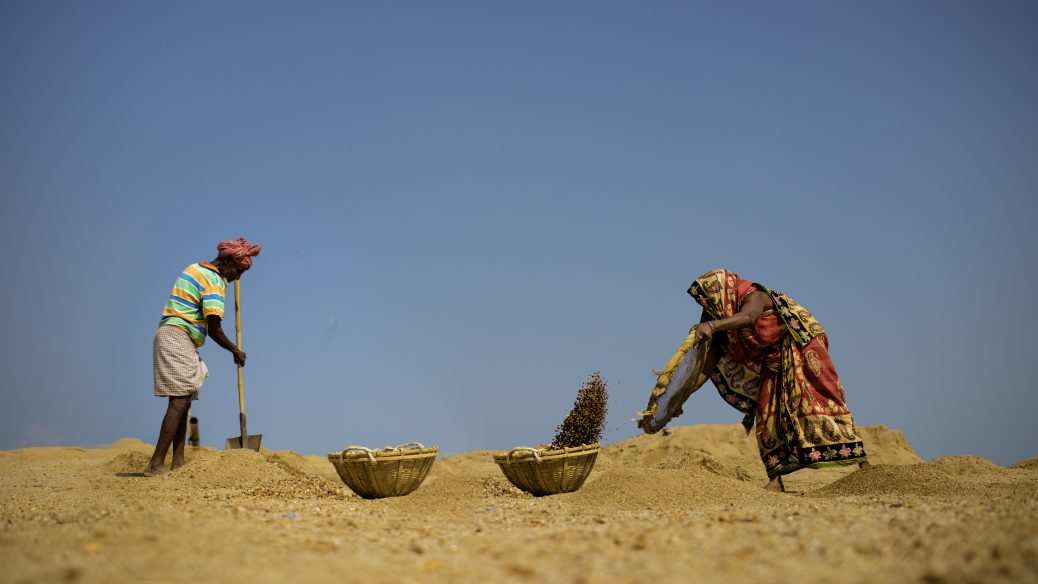Bangladeshi women have been struggling to establish their rights in family, society and in the state. Practically in the society and the implementation of law, women are still facing discrimination, exclusion and injustice and have negligible influence in decision making processes. Discriminatory laws and policies hinder formal equality and socio-political conditions prevent women from exercising their rights. Girls are often considered a burden, especially for poor households, where they are at risk of marriage at an early age and where the practice of dowries though illegal continues and is burdensome. Women are usually the last to eat at mealtimes and 30% of the women are chronically malnourished. Furthermore, violence against women makes women socially vulnerable and prevents them from fully participating in society. However, women’s opportunities and public participation in Bangladesh have changed significantly in recent decades. For example, major progress has been made in closing the gender gap in school enrollments at both primary and secondary levels; girls currently outnumber boys’ enrollments. Many women are now members of the local government councils that have important responsibilities for rural and urban development. The rapid growth of the garment industry has provided a large number of formal sector jobs for women, who comprise more than 90% of its labor force. This has significantly contributed to Bangladesh’s annual GDP growth rate of more than 5% over the past decade.

Sunamganj, Bangladesh
